The Warble
The Official Blog of Karen Ullo
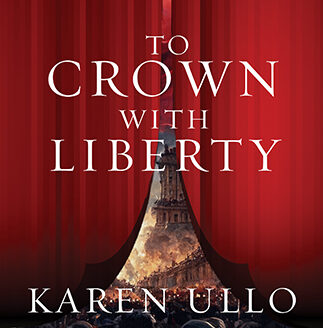
To Crown with Liberty Cover Reveal and Pre-Order
Drum roll please… Today is the day I finally get to share with the world the beautiful image that will adorn my five long years of research and writing! Every book is dear to an author’s heart, but this one represents a significant chunk of my life’s work. To Crown with Liberty releases May 1, 2024, but you can pre-order now to receive a digital copy of the first chapter and ensure first dibs on a full copy. For the cover, I didn’t ask for much–just that it should simultaneously capture the spirit of the French Revolution and Spanish colonial Louisiana in one tiny thumbnail. Piece of cake, right? Thankfully, at Chrism Press, our cover designer is the inimitable Roseanna M. White. I’ve seen her execute phenomenal covers from the strangest and most abstract requests made by authors, and they’re always stunning. For this one, she did so much more than capture the setting. She captured the story. 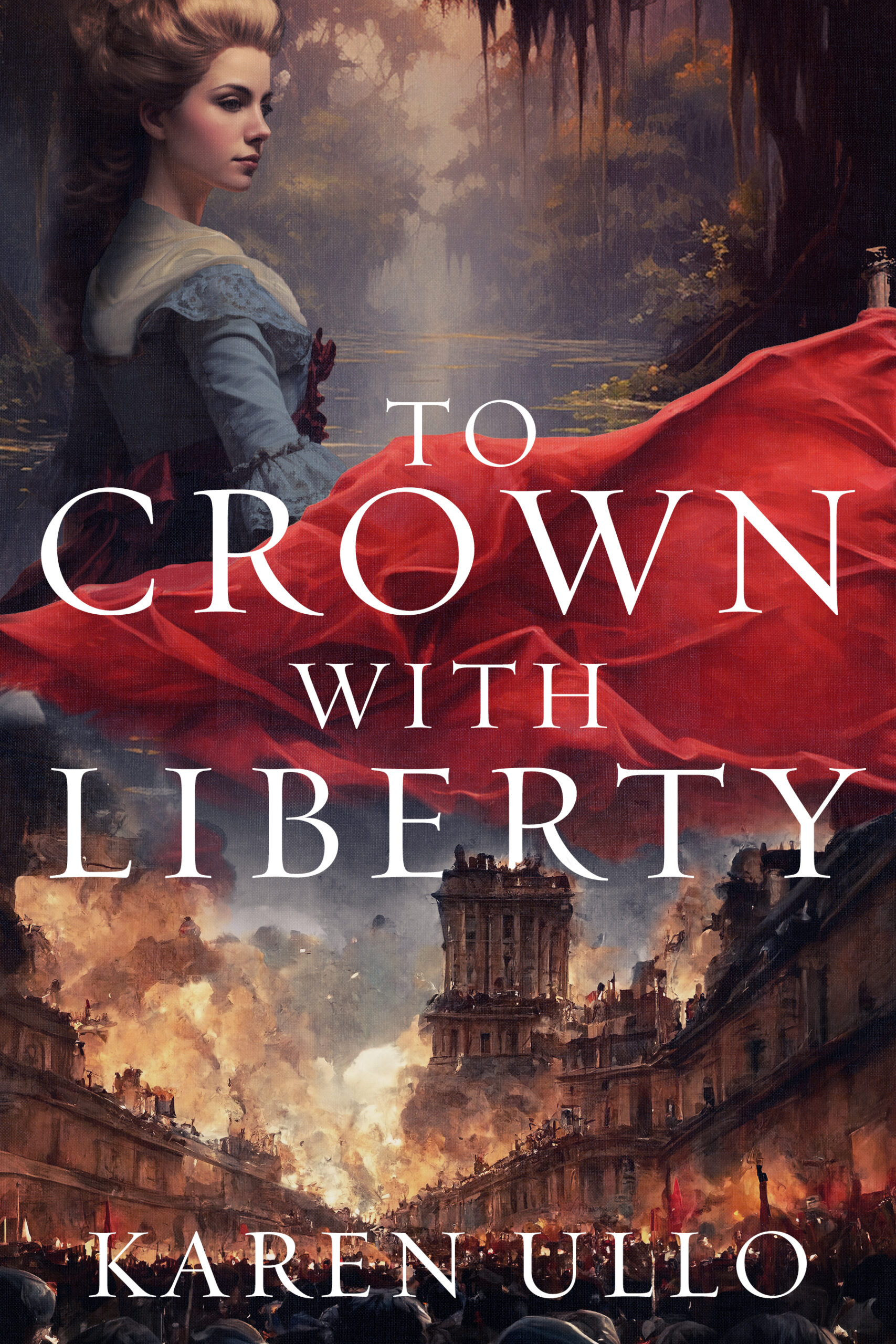 Here she is: Alix de Morainville journeying into the Louisiana swamp while looking back over the burning rubble of her past life in France. It’s stunning, and I’m in love. Thank you, Roseanna!
Here she is: Alix de Morainville journeying into the Louisiana swamp while looking back over the burning rubble of her past life in France. It’s stunning, and I’m in love. Thank you, Roseanna!
New Orleans, 1795. In the wake of the French Revolution’s Reign of Terror, Alix de Morainville Carpentier—a former lady-in-waiting to Marie Antoinette, now married to her gardener—seeks peace and security in the Spanish colony of Louisiana. But her journey into the man-eating swamp called Attakapas reopens the wounds of her old life in France. Alix is forced to reckon with the choices that saved her life at the cost of her honor—and perhaps her soul. In revolutionary France, the Old World is dying; the quest for liberty, equality, and fraternity has become a nightmare where the price of dissent is blood. In the wilderness of Spanish Louisiana, a new civilization is beginning to emerge—but in this budding New World, the slave trade perpetuates the systems of oppression that sparked the revolution. Caught between old and new, scarred by trauma and grief, will Alix ever find a home where she can truly be free? To Crown with Liberty is a historical novel based on riveting legends from George Washington Cable’s Strange True Stories of Louisiana (1888).
Here’s what early reviewers are saying…
“Historical fiction provides readers with a means to relive history in a creative and imaginative manner. Karen Ullo’s novel about the French Revolution and its aftermath splendidly achieves this goal, offering an enticing look at this incredibly complex era in French history.” —Rev. Ronald D. Witherup, P.S.S., former Superior General of the Society of the Priests of Saint-Sulpice (Both the church of Saint-Sulpice and the Society are featured in the novel) “In stepping into the pages of To Crown with Liberty the reader steps into revolutionary France and colonial Louisiana. We find ourselves living among those who are fighting for their lives and struggling with conscience-seducing temptation in times of terror. Ultimately, we find ourselves led into the dark on a quest for light and life.” —Joseph Pearce, author of Catholic Literary Giants “A tour de force! Weaving together fact and fiction with characteristic imagination and exquisite prose, Ullo presents a spellbinding account of radical politics, mob violence, and personal trauma. To Crown with Liberty leaves a lasting impact.” —Eleanor Bourg Nicholson, author of A Bloody Habit and Brother Wolf “Karen Ullo’s To Crown With Liberty skillfully weaves together formative events from the French Revolution with the early history of Louisiana, crafting an engaging tale that speaks to enthusiasts of both early American and early modern European history alike. A great story in its own right, it could also serve as an historical fiction addendum to a period history course.” —Phillip Campbell, author of Story of Civilization“Ullo brings us a deep and compelling look into tragedy and triumph, loss and love, desperation and determination that showcases the most beautiful and horrible facets of humanity. Never have I seen the French Revolution, and the spirit of those who went on to build a new world for themselves, as fully as in these pages. This is what historical fiction is meant to be!” —Roseanna M. White, bestselling, Christy-Award winning author of the Codebreakers series
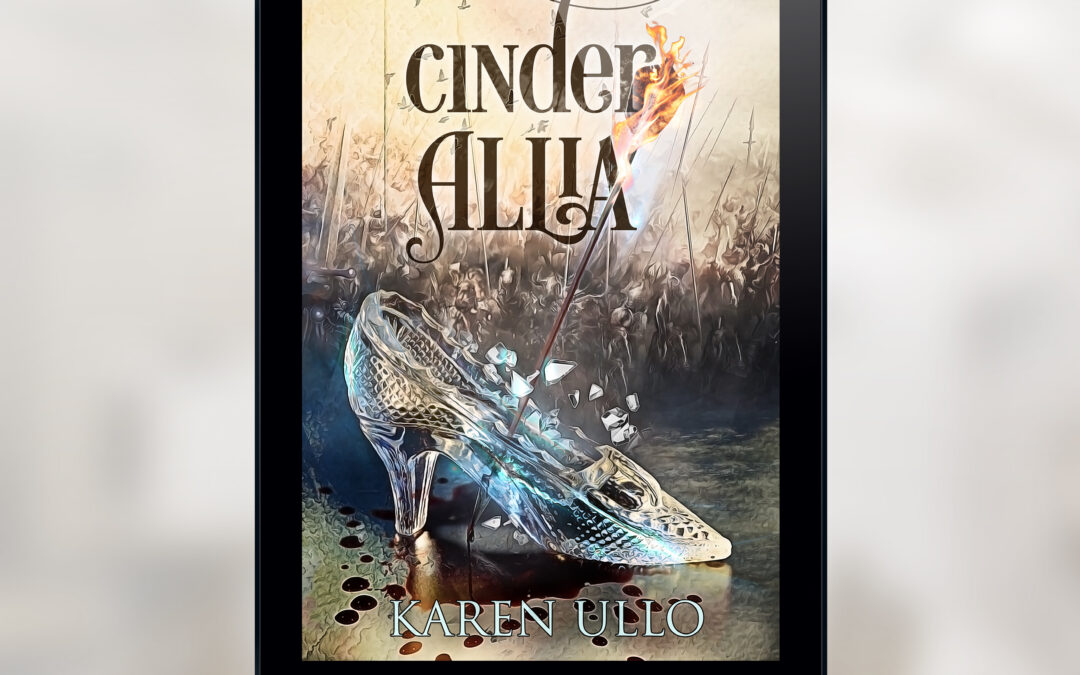
Cinder Allia is leaving Kindle Unlimited
Remember that nifty award I mentioned in my last blog post? Well, it means libraries want to stock my book, and in order to receive royalties from those purchases, I can’t have it on exclusive through Kindle Unlimited. If you’re a KU subscriber, you have until December 21 to read Cinder Allia for free through that platform. After that, try your local library!
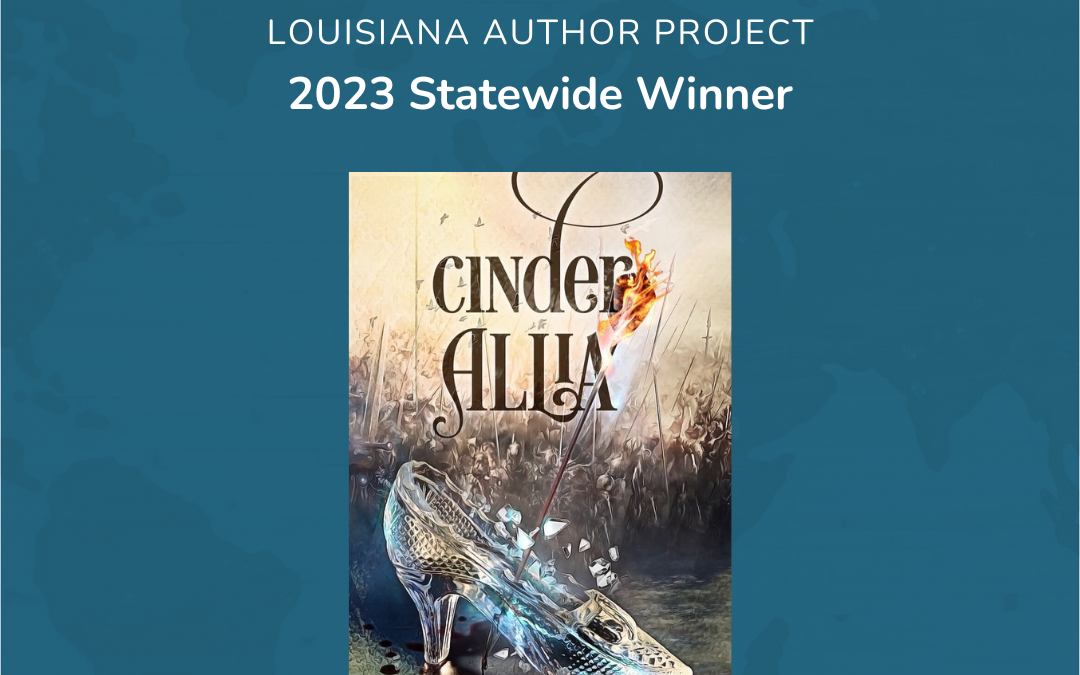
The Indie Author Project–I Won!!!
I could not be more honored to announce that Cinder Allia, the little fairy tale that could, has been named the winner of the Indie Author Project for the state of Louisiana.
The Indie Author Project is sponsored and judged by librarians in 15 states and 2 Canadian provinces to recognize the best independently published books and help get them into library collections across the US and Canada. The award includes a cash prize as well as a feature in Library Journal. I’m so grateful to the East Baton Rouge Parish Library–who have carried both Cinder Allia and Jennifer the Damned since they were released, and who sent me the information to enter the contest–as well as to all those involved in the Indie Author Project. You can read more about the project and see the complete list of statewide winners here.
There is a national contest to which the book now proceeds, so cross your fingers for me. And don’t forget that the movie version of Cinder Allia is still in development, so stay tuned!

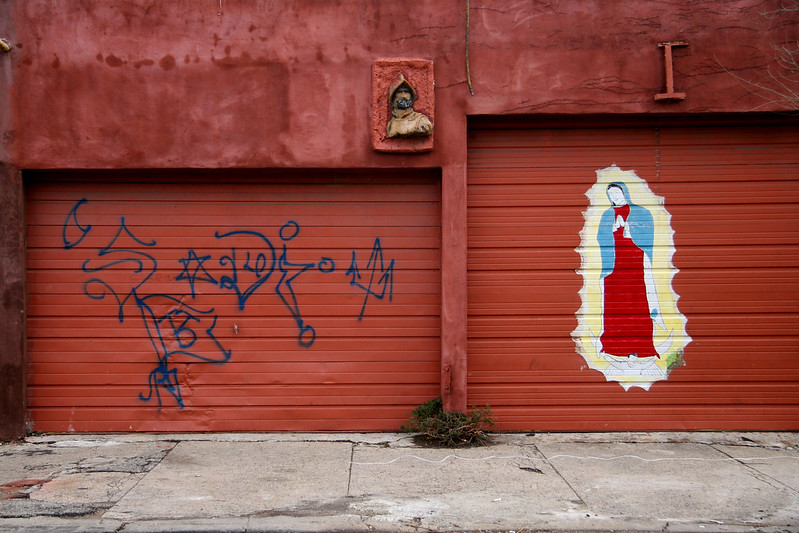
What’s the Through-Line? Writing across genres and what binds my work together
When people ask me what I write, I often joke that I’m incapable of writing the same genre twice. After all, my novels thus far include contemporary Gothic horror, fairy tale/ fantasy, and historical fiction. If you look back into my screenwriting days, you can add sci-fi time travel and contemporary drama to the list.
So, am I just a dilettante who can’t make up her mind? Or is there something else going on that binds my work together–something deeper than mere genre?
One of my professors once told me that my “thing” was characters who excel at something, who are above average–even geniuses–in some way. He wasn’t wrong. My characters do tend to stand out from the crowd in thoughts as well as actions. But as I’ve continued to write and grow, I’ve found another through-line, something perhaps a little more unique: I love to juxtapose things and ideas that most people would say don’t belong together. Jennifer the Damned is about a vampire who lives in a convent; Cinder Allia is a fairy tale where Prince Charming dies on page one; and To Crown with Liberty follows the same character through both the French Revolution and a journey into the Louisiana swamps.
These things don’t go to together…which is why they work.
Ultimately, I think this insistence on putting together very disparate things comes out of my identity as a Catholic. The word “catholic” means universal. All people, all things belong to God, and by juxtaposing elements that seem like they should not be put together, I can widen my own view of the universal world, and hopefully do the same for my readers. Because ultimately, nothing is separate. There is nothing that doesn’t belong to the Catholic imagination because there is nothing that does not belong to God.

Recent Comments